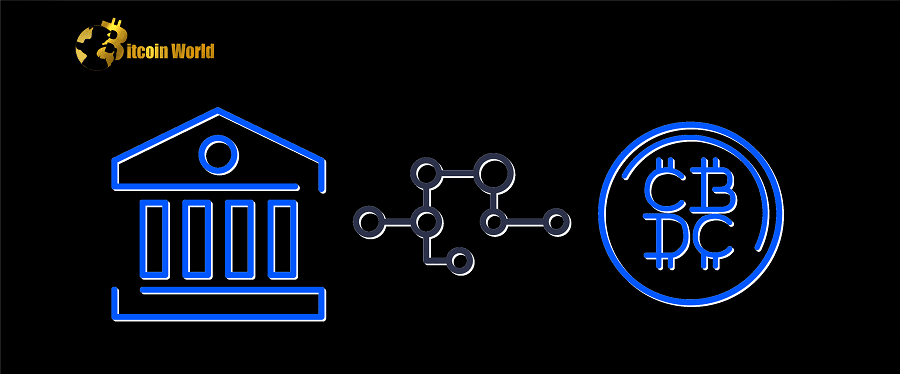Visa started working on a blockchain interoperability project in September 2021 to encourage CBDC and stablecoin adoption, but there have been few developments since.
Visa’s CEO remains hopeful that blockchain-powered solutions can be integrated into its services and capabilities to enable the next generation of payments.
On a call during Visa’s annual stockholder meeting on January 24, outgoing CEO Al Kelly — who will officially step down on February 1 — briefly discussed the company’s ambitions for Central Bank Digital Currencies (CBDCs) and private stablecoins.
Kelly told the San Francisco Business Times on January 24 that “it’s really early days, but we continue to feel that stablecoins and Central Bank Digital Currencies have the potential to play a substantial role in the payments area, and we have a number of efforts planned.”
“As we strive to invest in the payments industry, we’ve made insignificant investments in crypto funds and companies,” the outgoing CEO added.
Kelly also acknowledged that several of the “high-profile flops” that rocked the cryptocurrency market in 2022 had no influence on Visa’s balance sheet:
“There have been no credit losses as a result of these errors […]” Please know that we are tremendously focused on safeguarding the integrity of Visa’s payment system and the payment system in general, as well as our brand’s reputation for trust.”
Visa has worked on a variety of crypto-related initiatives throughout the years.
Its research team began working on a blockchain interoperability project called the Universal Payment Channel (UPC) initiative in September 2021, with the goal of creating a “network of networks” for CBDCs and private stablecoins to transit through multiple payment channels.
However, Visa has not published an update on the UPC in over a year.
More recently, on December 20, 2022, the payment giant announced a proposal to allow automated bills to be paid out of a user’s Ethereum-powered wallet.
Visa has also recently launched various “zero fee” cryptocurrency debit cards, including a now-terminated collaboration with FTX and an ongoing relationship with Blockchain.com on Oct. 26, 2022.
While Visa’s 2022 annual report only featured data through September 30 — around five weeks before FTX’s demise — further information may be published during Visa’s Q1 2023 earnings call on Jan. 26.
On February 1, Visa President Ryan McInerney will officially succeed Al Kelly as CEO, with Kelly remaining on the board as executive chairman.
McInerney appears to be just as enthusiastic, if not more so, on blockchain-powered payment solutions.
McInerney told Fortune in November 2022 that Visa still has “$14 trillion of cash out there being spent by customers that can be digitised” and that they’re continuing to investigate where crypto payments would be most useful.















